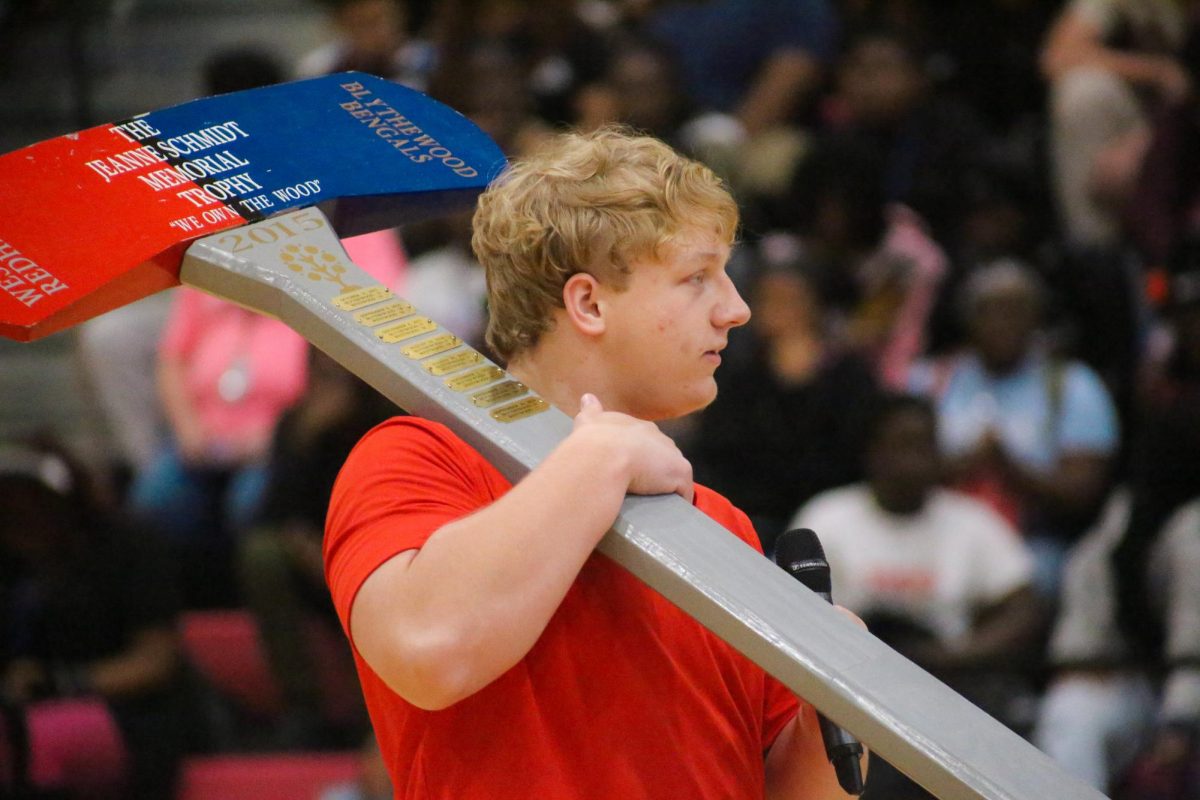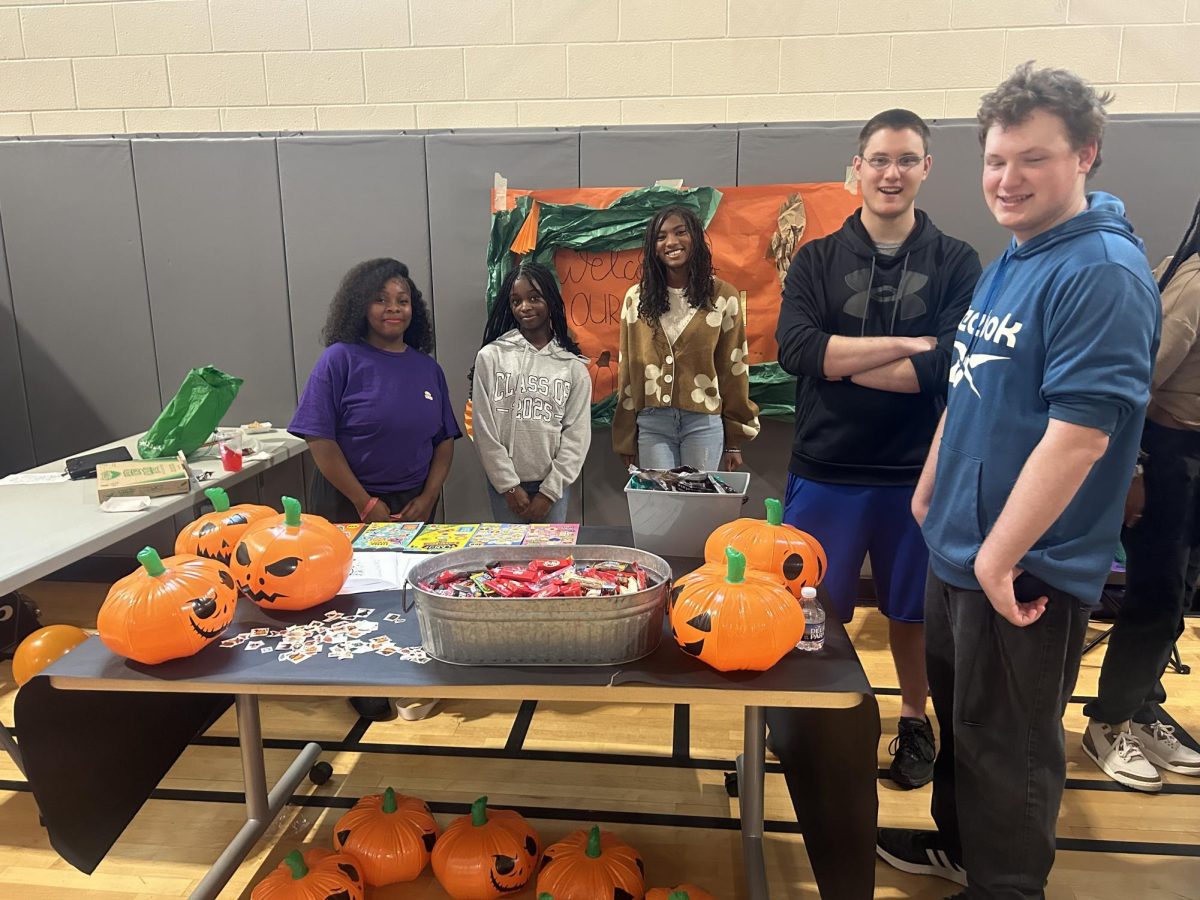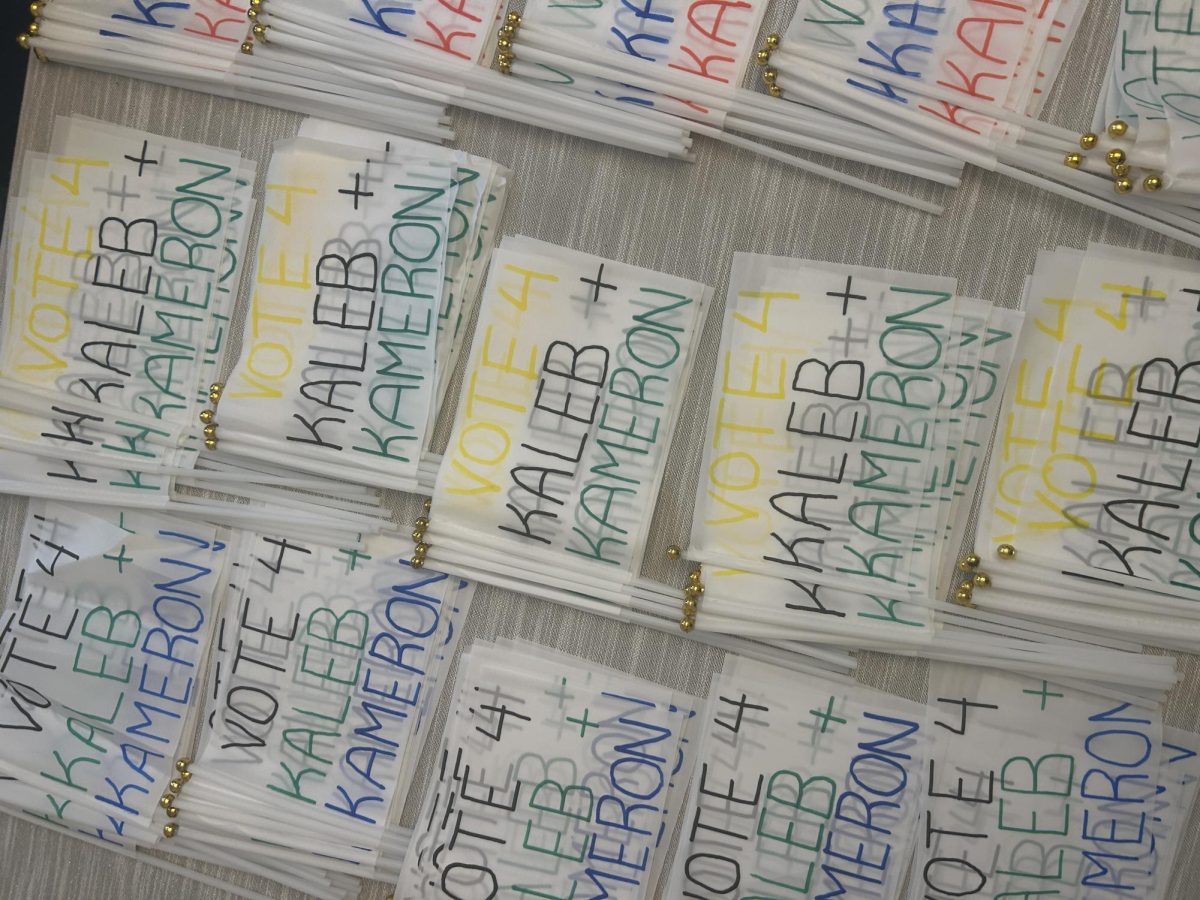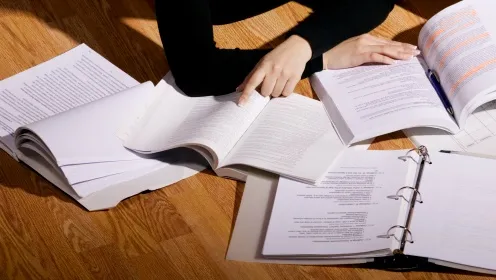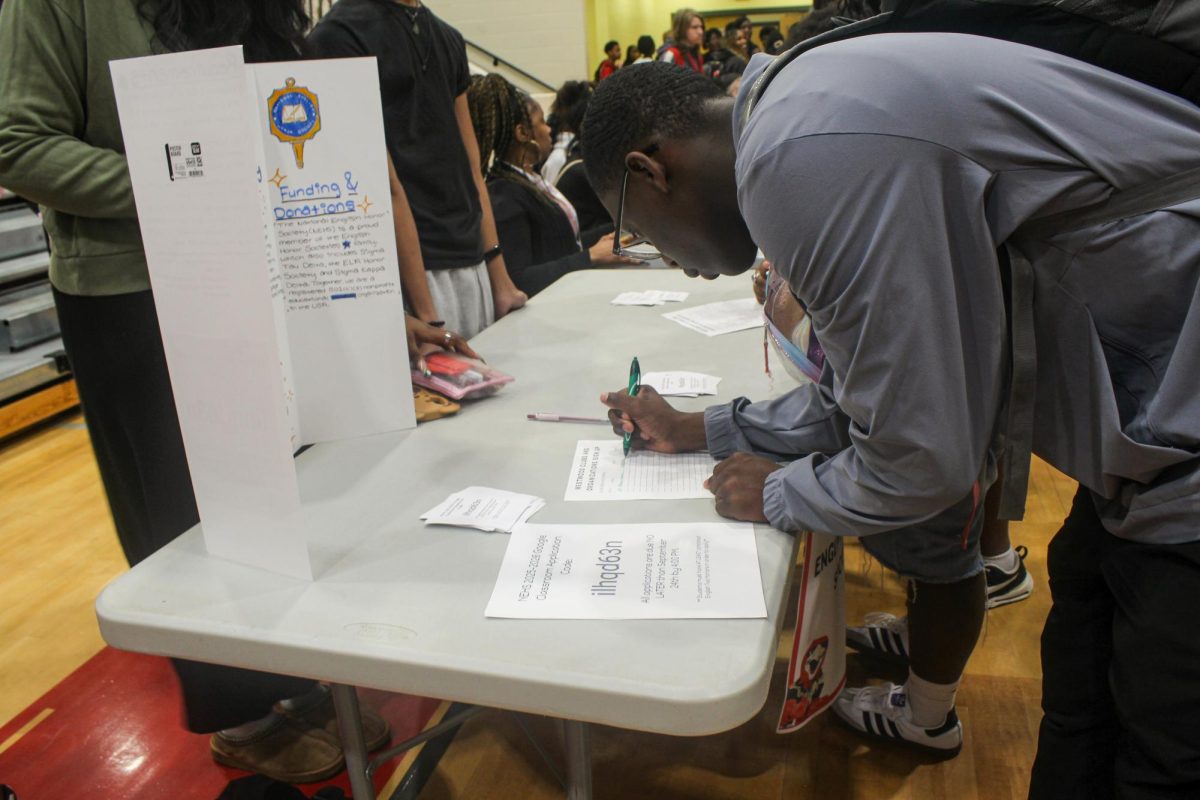As high school students, we have a lot on our plates. Whether we are in class learning about geometry or making a touchdown catch on the football field. The truth is, sometimes we don’t have time to study. Students often think that studying is useless or a waste of time; nevertheless, it can actually make or break their academic success.
Studying can be challenging, especially if you don’t know how to approach it. Most high schoolers learn ineffective study habits and don’t even notice. High school teacher, Alison Stone, wrote in her article Science-Backed Studying Techniques “If high school students were never taught how to study, they’re going to keep being frustrated by using ineffective studying methods.”
Students who struggle with studying should use skills like flashcards, reviewing their notes, and finding an environment that works for them. Studying helps students effectively organize their time, stay focused, reduce stress, and develop skills that will benefit them in the future.
Don’t Cram
Cramming is a very ineffective study habit. It helps you retain little to no knowledge, and honestly, it is a waste of time. In Harvard’s Top 10 Study Tips to Study Like a Harvard Student, it claims, “ Instead of cramming, studies have shown that studying with the goal of long-term retention is best for learning overall.”
Re-reading notes is not effective
Yes. We all want to get studying over with, but re-reading your notes does not require you to engage in the material, and lots of us read with our eyes instead of our brains. Zamyais Price, a senior student at Westwood, states, “You kind of have to make it a game for yourself or make it more interesting rather than just reading off of a paper.”
Repetition is key
Repetition is one of the main ways to memorize information you might need. In Study Tips: Effective Study Skills for High School Students, it states, “Study skills like repetition and spaced practice have been shown to increase knowledge retention by as much as 80%—an increase that can significantly impact grades, not only in high school but in college as well.”
You don’t always have to study in a library
Students should find a place that works best for them. Whether that’s listening to music, working in a group, or working in complete silence. You can study anywhere that helps you focus and is stress-free.
Use your free time
Everyone loves to relax when they get the chance, especially when they have a crazy schedule. When you think you could be studying for a big test, you should. Students should use their downtime as an advantage to study so they are prepared. In UNC’s article, Studying 101: Study Smarter Not Harder, it states, “ You should plan to work on every class every week even if you don’t have anything due.“
Use technology
There are plenty of studying strategies you can use on your computer, such as Quizlet, Khan Academy, and Evernote. These apps can help you study better by creating flashcards, online quizzes, and reminding you when you should study. Students should use any resources available to make studying easier and more enjoyable.
If students build good study habits now, it’ll help them in high school, college, and even later in life. These tips are here to help students learn how to study better and help them achieve academic success.


